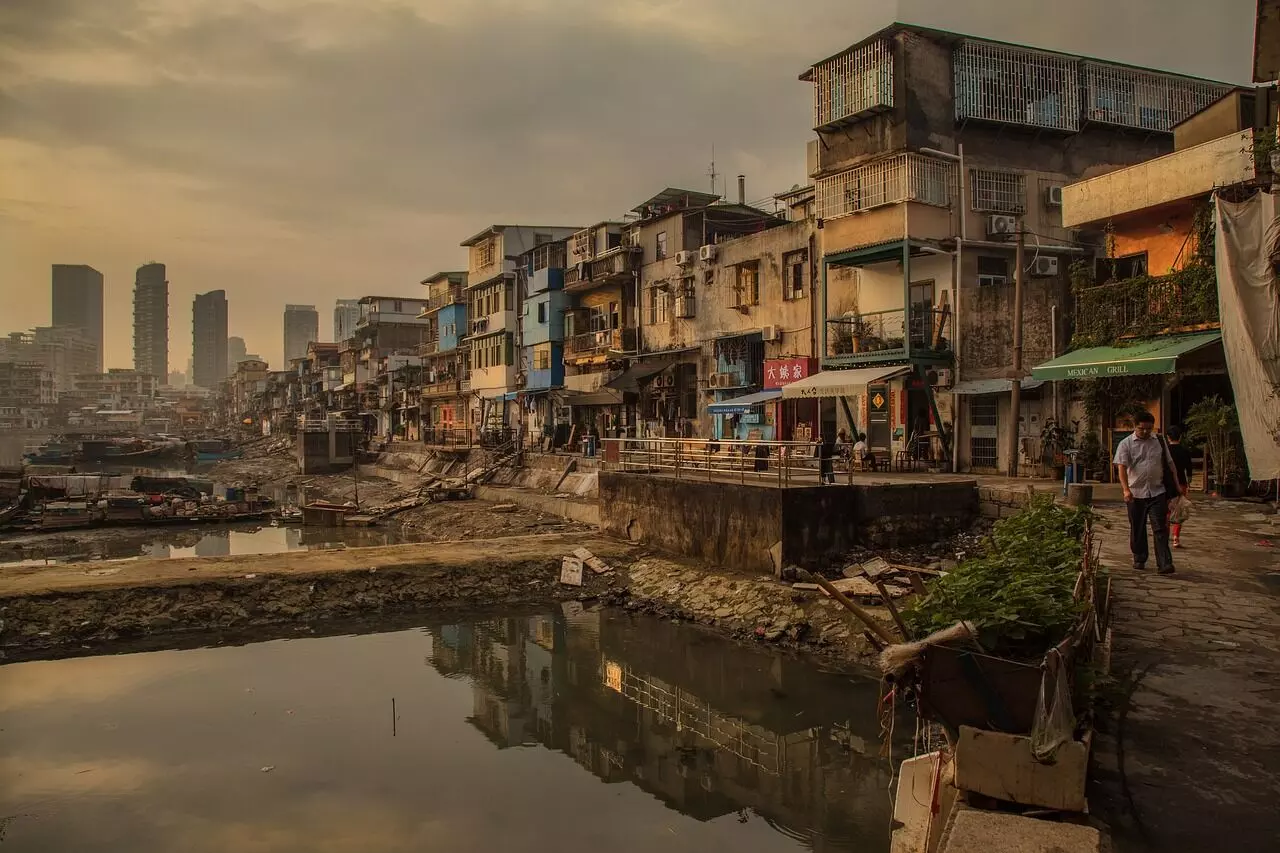A broadening gulf

At a time when the world’s wealthiest have gathered in Davos for the annual World Economic Forum, the latest version of the Oxfam report—titled Takers, Not Makers—laid bare an uncomfortable yet starkly visible truth. While the billionaire wealth is increasing by leaps and bounds, poverty, driven largely by steep inequality, remains a pestering problem the world over. In 2024 alone, billionaires grew richer by USD 2 trillion—amassing an astonishing USD 5.7 billion a day. Meanwhile, millions struggle to survive on less than USD 6.85 a day. This is a grim reality that has been a constant since the early 1990. India, too, is afflicted by the scourge of inequality, and to an alarming extent.
Oxfam’s findings challenge the myth of the self-made billionaire. The report reveals that 60 per cent of billionaire wealth isn’t earned through innovation or hard work but inherited, monopolised, or secured through crony connections. Every billionaire under 30 today inherited their fortune, and the trend of wealth passing from one privileged generation to the next is only growing stronger. It’s clear that much of the world’s extreme wealth is taken, not made. Mahatma Gandhi once aptly remarked: “there is enough for everyone’s need, but not for anybody’s greed”. This growing concentration of wealth comes at a heavy cost. Public services in many countries are deteriorating as governments lose revenue due to tax avoidance by corporations and the ultra-rich. To make up for these losses, regressive taxes on goods and services are imposed—hitting the poorest the hardest. Although billionaires have expanded their fortunes, ordinary people are facing shrinking access to healthcare, education, and other basic needs. This, in a way, makes governments complicit in furtherance of inequality. Oxfam also highlights the continuing exploitation of the Global South by the Global North. Billionaires and corporations extract wealth from poorer nations, often through unfair financial systems or exploitative supply chains. The report aptly calls this modern-day colonialism—a system where resources and labour are taken from the world’s poorest to fuel the lifestyles of the richest. Women and marginalised communities remain the worst sufferers in this unequal system. In informal economies, women often work under exploitative conditions, and migrant workers in wealthy nations are paid significantly less than their local counterparts. Climate change further worsens their plight, with those who contribute the least to global emissions facing the harshest consequences.
The solutions are clear but require political courage. Governments must tax the wealthiest more fairly, close loopholes, and invest in public services that benefit everyone. Monopolies need to be dismantled to increase competition and prevent a handful of corporations from controlling markets. Workers should be empowered through higher living wages, union protections, and fair labour laws. And countries with colonial histories must acknowledge and address the harm caused by centuries of exploitation. As sobering as Oxfam’s report is, it’s also a call to action. Nations can reverse this tide of inequality. There is a pressing need to redistribute wealth more fairly and build systems that prioritise people over profits. This is an essential ingredient for a more just world. However, for this to happen, the world’s elite must stop paying lip service to progress while quietly benefiting from the status quo. If Davos truly aspires to “improve the state of the world,” it’s time to put people before profits and make meaningful changes. Otherwise, the promises made in the snowy mountains of Switzerland will remain as hollow as ever.



